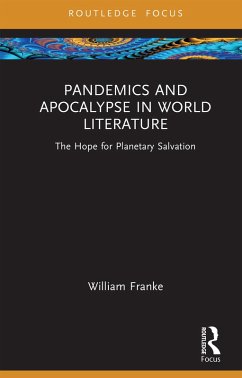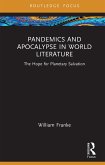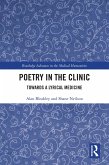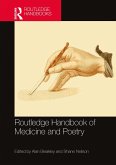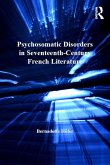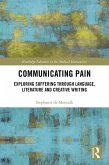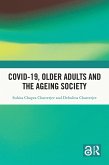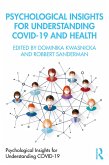Pandemics and Apocalypse rereads classical narratives of plague from the Bible (Exodus) and classical antiquity, both Greek (Homer, Thucydides, Sophocles) and Roman (Lucretius, Virgil, Ovid), through the Middle Ages (Dante, Boccaccio) and Modernity (Defoe, Manzoni, Artaud, Camus) as a basis for contemplating the significance of the recent Covid-19 pandemic. It concerns how we are to confront future pandemics and other inextricably related crises, notably those of an ecological nature. Responses to Covid-19 typically set everything on defeating this "enemy," but actually we cannot eliminate viruses without eliminating ourselves. We need to see the pandemic as revealing us to ourselves in our inherently vulnerable condition as a first step to admitting the infinite openness to one another and to our Ground-physical and metaphysical-that alone can save our world by engendering a different attitude, open and engaged, to one another and to the Earth as sources of our collective life.
Dieser Download kann aus rechtlichen Gründen nur mit Rechnungsadresse in A, B, BG, CY, CZ, D, DK, EW, E, FIN, F, GR, HR, H, IRL, I, LT, L, LR, M, NL, PL, P, R, S, SLO, SK ausgeliefert werden.

